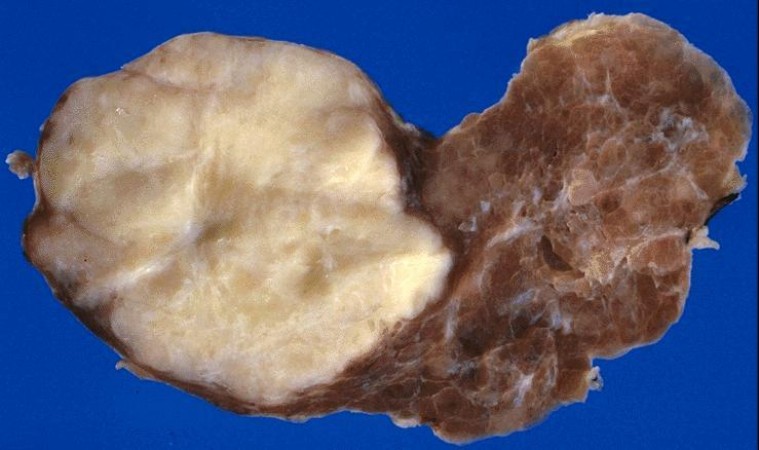
Kidney cancer is a serious health concern that affects thousands of individuals every year. Within this context, renal tumors are a crucial aspect to consider. Let's delve into the key symptoms that indicate a growing renal tumor in patients with kidney cancer.
One of the earliest signs of a growing renal tumor is persistent pain in the lower back or side. This discomfort may be dull or sharp and tends to be constant.
Hematuria, or blood in the urine, is a red flag. Patients may notice their urine is discolored or that there are visible traces of blood, which should never be ignored.
A sudden and unexplained weight loss can be an indicator of a growing renal tumor. Patients might lose weight without making any significant dietary or lifestyle changes.
Patients may experience increased fatigue and weakness as the tumor grows. This can interfere with their daily activities and quality of life.
As the tumor enlarges, it may create a noticeable swelling or mass in the abdominal area. This can often be felt by patients or their healthcare providers.
A growing renal tumor can affect blood pressure regulation, leading to hypertension. Monitoring blood pressure is essential for early detection.
Patients with a growing renal tumor may experience a loss of appetite, which can contribute to weight loss and nutritional deficiencies.
The presence of a renal tumor can lead to anemia, causing fatigue, weakness, and paleness due to a reduced number of red blood cells.
Flank pain, distinct from lower back pain, can occur on the affected side and may worsen as the tumor grows.
In rare cases, a growing renal tumor can put pressure on nearby nerves, leading to neurological symptoms such as numbness, tingling, or muscle weakness.
In conclusion, recognizing these key symptoms is crucial for the early detection and management of renal tumors in patients with kidney cancer. Timely intervention can significantly improve outcomes and overall quality of life. If you or someone you know experiences any of these symptoms, it is essential to consult a healthcare professional promptly.
Almonds or peanuts, what is more beneficial for health?
Before Visiting the Dentist: Things to Avoid for a Healthy Smile